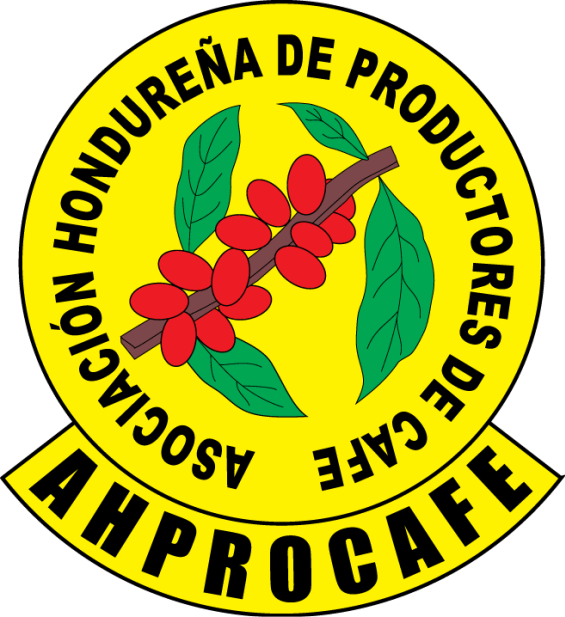Trade Union Organizations
The National Coffee Fund works hand in hand with the Trade Union Organizations of the Coffee Sector in the country.
It is a trade union organization made up of coffee producers and producers founded in 1967. Recognized by the State of Honduras through legal personality No. 17 issued on August 25 of the same year. Our membership is 103,000 affiliates that are integrated into 2,600 rural boards, 209 local boards, 58 cooperatives, 15 departmental boards and a National Board of Directors. Its highest authority is the National Coffee Congress, which meets between the months of October and December of each year and where representatives of the local boards, affiliated cooperatives and departmental boards participate.
THE NATIONAL ASSOCIATION OF COFFEE GROWERS OF HONDURAS, and which is identified with the initials "ANACAFEH", is a permanent civil association, with its own patrimony, non-profit, trade union type that enjoys legal status recognized by the state according to resolution # 60-87, dated May 29, 1987.
We are organized into twelve departments and made up of 175 municipal and departmental boards and a national board of directors. Its main offices are located in the city of San Pedro Sula, Cortes and a branch in the city of Tegucigalpa, MDC
(La Central) emerged in 1997 as an export company for rural development purposes. It operates in a sector in which most producers are disorganized, highly dispersed, with the lowest productivity levels in Central America, without adequate infrastructure to process coffee. Most sell their coffee through a long chain of intermediation and do not have access to credit to improve the conditions of the agro-industrial process.
It is an organization that currently brings together 32 cooperatives and 8 pre-cooperatives distributed throughout the national territory and aimed at providing services to its associated farmers in various areas of agricultural production. It has a membership of cooperatives of producers of: coffee, diversified with basic grains, vegetables and vegetables, cotton, cattle, poultry, and bananas.









